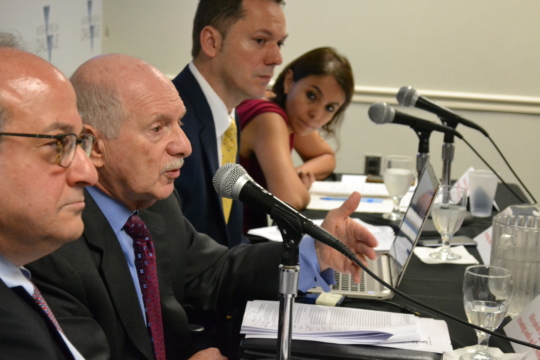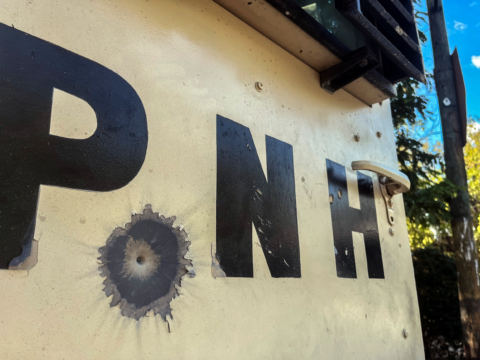
Follow this road map. It can take Haiti from violent chaos to progress and peace
As three long-term observers of the country, we argue that a more assertive international response is needed and offer the following road map to help Haiti reset.
As three long-term observers of the country, we argue that a more assertive international response is needed and offer the following road map to help Haiti reset.
A Latin America Advisor Q&A featuring experts’ views on Haiti’s deepening crisis as the country’s last democratically elected institution, the Senate, adjourns with no new members to convene a new term and gangs tighten their grip.
Based on wide experience in eight conflicts, to include Haiti, I believe there is a way out of the current dead end. It requires patiently and assertively combining international expertise and resources with Haitian will and energy to address the country’s intertwined problems of security and governance.
Since March 2021, Haitian civil society has been working hard to develop innovative, local solutions to the country’s problems, including a blueprint for a Haitian-led transition that could well forge a new path for the country. For that plan to work, the changes will need to be profound and transformative, and the process of implementing them as inclusive and empowering, as possible.
Unless there is a course adjustment soon, all signs point to a catastrophic political and humanitarian crisis in Haiti.
What is needed is a consensus roadmap for policymakers — both in Haiti and among key international actors — that responds to Haiti’s needs over the horizon.
On October 27, 2020, the Inter-American Dialogue hosted “Anatomy of MS-13 – Policy Implications for El Salvador and the US” using the groundbreaking publication by Steven Dudley, MS-13: The Making of America’s Most Notorious Gang, as a basis for discussion. The event featured remarks by Dudley and commentary by Sonja Wolf, and Ricardo Zúñiga. Michael Shifter, president of the Inter-American Dialogue moderated the conversation.
On July 2, the Inter-American Dialogue and Counterpart International partnered to host ”Criminal Violence and Transitional Justice in El Salvador.” Speakers discussed the effects of the 2016 repeal of the 1993 Amnesty Law and the relationship between prosecuting past and present crimes in El Salvador.
On Tuesday, May 23rd, the Inter-American Dialogue hosted an event with Ivan Briscoe, Latin America and Caribbean program director at the International Crisis Group; Ana Glenda Tager, Latin America regional director at Interpeace; and Steven Dudley, Co-Director of InSight Crime. During this session, the speakers addressed violence in Central American in relation to gangs.
A discussion on the humanitarian and policy implications of changing migrant flows in response to growing criminal violence.
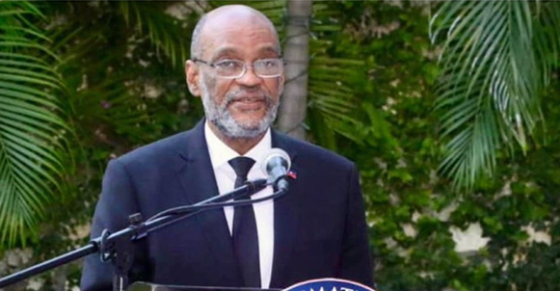
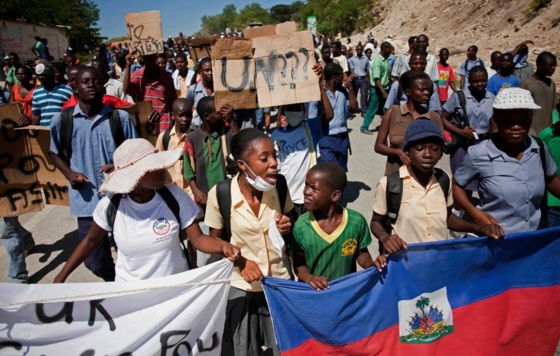
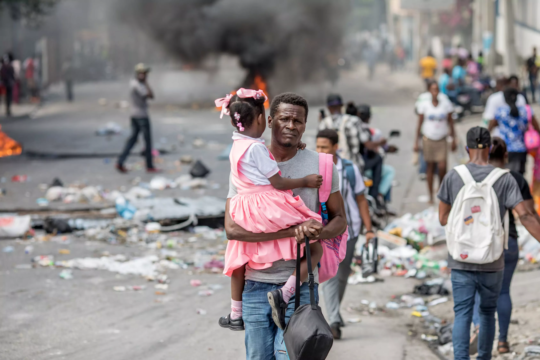


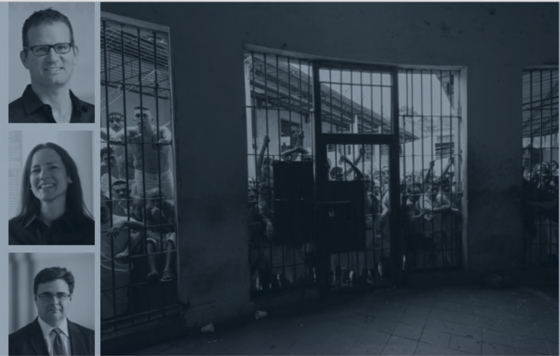 Video
Video
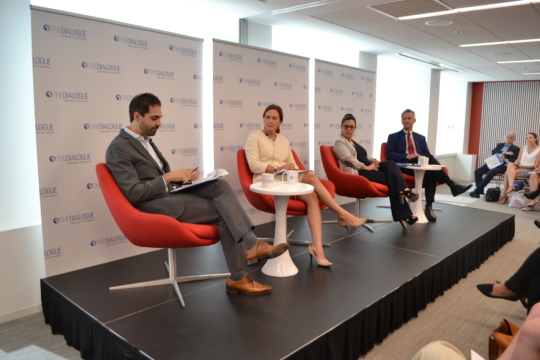 Video
Video
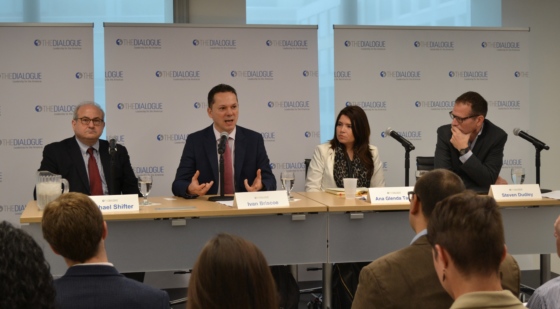 Video
Video
